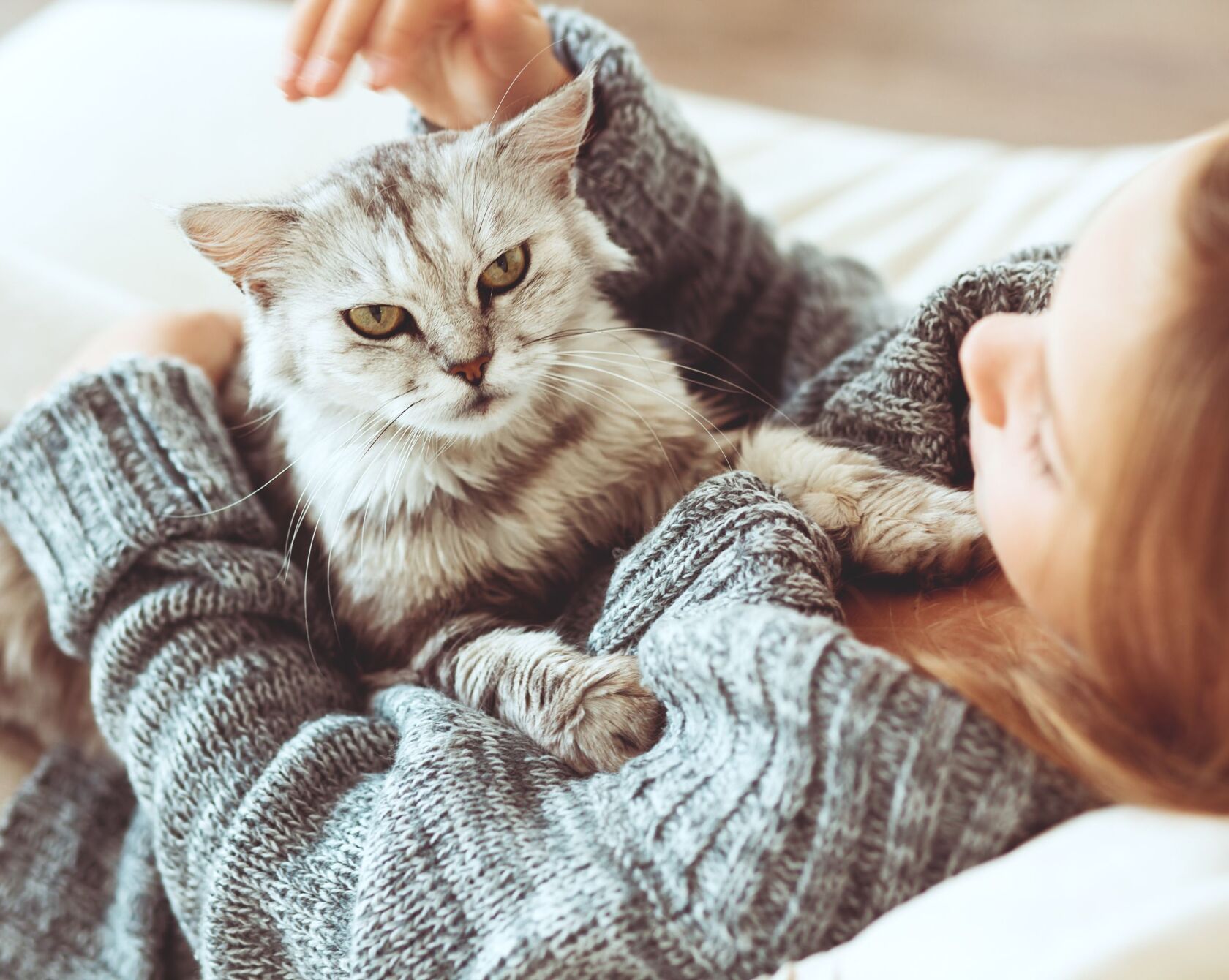In 2013, a team of researchers at the University Hospital Zurich developed an innovative method to combat cat hair allergies: Instead of humans, cats are to be vaccinated against the protein that triggers the allergy in humans. The research group led by Thomas Kündig, Prof. Dr. med., has now proven that the vaccine developed is safe for cats.
Cats are responsible for a large proportion of all pet allergies; around 10 percent of the population suffer from cat hair allergies. Animal hair allergies are caused by certain animal proteins. These are found, for example, on the dander, fur or in the saliva and tears of the animals. The proteins in the cat’s saliva are transferred to the fur through licking and trigger the allergic reaction in humans through skin contact or inhalation of airborne particles or cat hair.
The most common symptoms are irritation of the skin, eyes and nose. In advanced stages, those affected can even develop asthma. Until now, pet owners could only have their symptoms treated or had to undergo a costly desensitization process lasting several years or even give up their cat.
